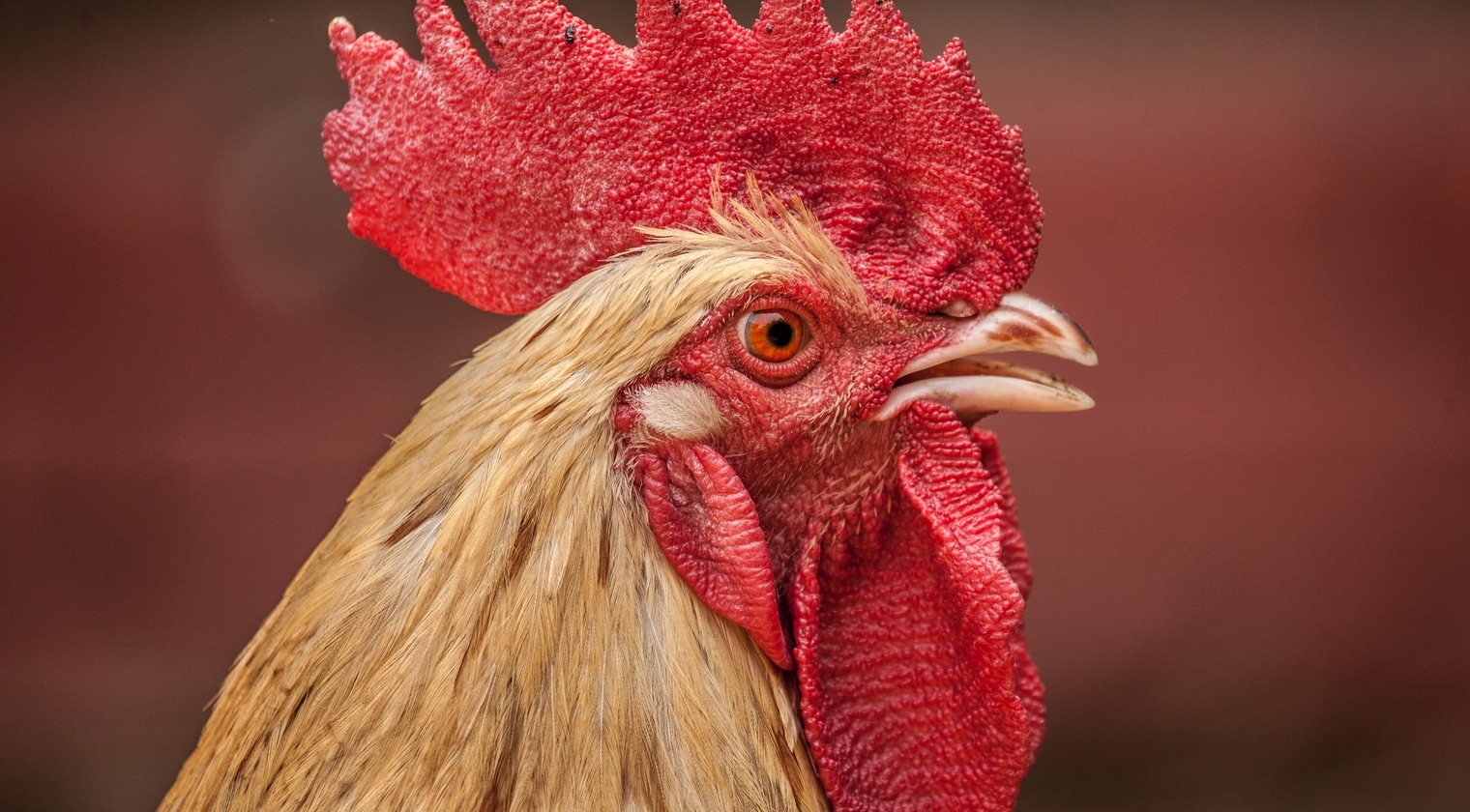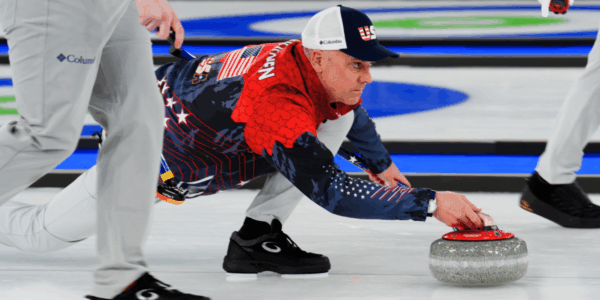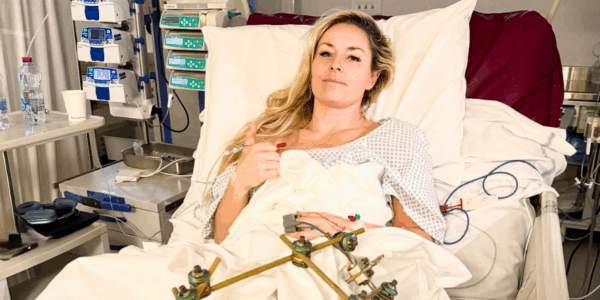Rooster Pecks Woman To Death In “Freak” Attack
on Sep 04, 2019 • Updated Jan 15, 2025

The woman was outside her home near the chicken coop collecting eggs when she was killed by one of her roosters who effectively pecked her to death.
This bizarre and freak attack comes just shortly after the CDC issued a warning about backyard chickens spreading salmonella in nearly all 50 states.
Now, it appears, backyard fowl can pose an even bigger threat to certain people. And folks should take this warning seriously – especially because this woman could have saved her own life.
A report published by the Forensic Science, Medicine and Pathology Journal explains that a 76-year-old Australian woman was pecked to death by a rooster in her back yard as she was collecting eggs.
The aggressive rooster, who was territorial, attacked her lower left leg – puncturing it multiple times, but only one of the puncture marks was fatal.
The woman then collapsed on the ground and bled to death with the official cause listed as exsanguination – which means the blood drained from her body.
The autopsy revealed that one of the rooster’s punctures occurred in a varicose vein on her leg, which caused her to lose an extraordinary amount of blood at a rapid rate.
“I want people to be aware that varicose veins are dangerous,” forensic expert Prof. Roger Boyd told 9news.com.au. “Elderly peoples’ skin is thin, and the veins are close to the surface. It’s extremely easy to damage the veins, and even a small hole is life-threatening.”
The report continues on to say that it’s quite possible the woman could have survived the attack had she applied pressure to the wound and sought medical help.
“Animals are animals, and they can be unpredictable. A friend of mine in England had a case where a cat scratch lead to death. Not to mention animals are a trip hazard as well,” Professor Byard said.
“My three main points would be this; never trust a rooster, get your veins fixed and if you happen to injure yourself, perform immediate first aid. Put pressure on the wound, lie horizontally, and get assessed by a medical professional if need be.”











